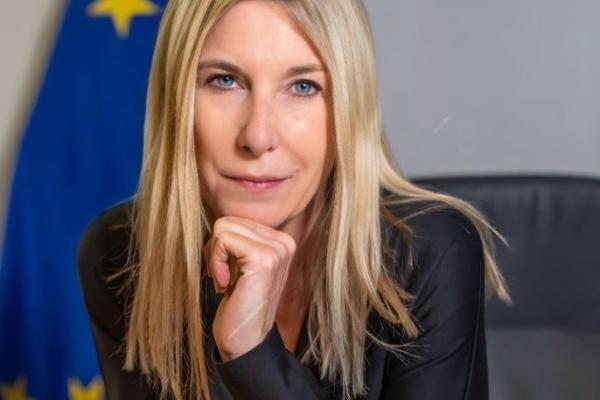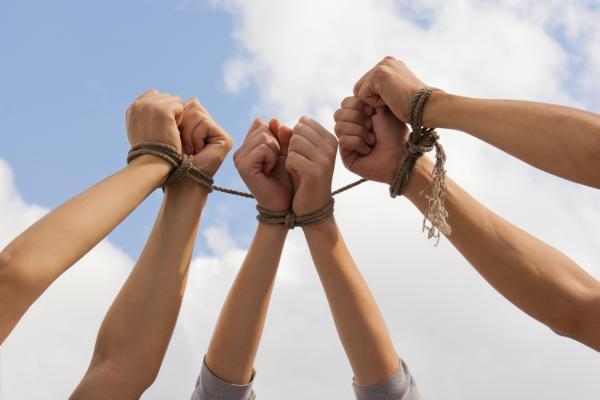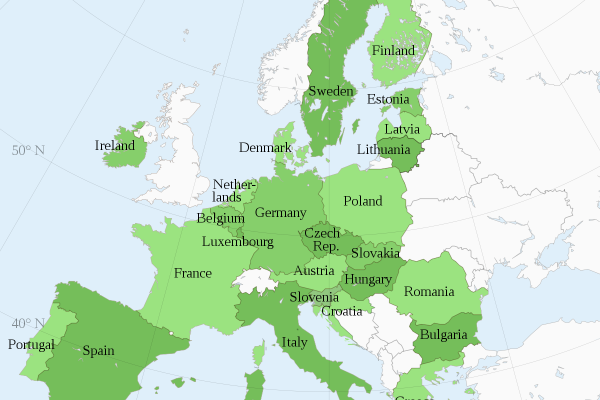Trafficking in human beings is a crime that should have no place in today’s society. It destroys individuals’ lives by depriving people of their dignity, freedom and fundamental rights. It is often a violent crime committed by organised crime networks.
Facts about trafficking in human beings
37% of the victims of trafficking in the EU are EU citizens, and a significant number of them are trafficked within their own country. However, non-EU victims have increased in recent years and they now outnumber victims with an EU citizenship. The majority of victims in the EU are women and girls who are mainly trafficked for sexual exploitation. The ratio of male victims has more than doubled in the last years.
Around 15% of victims of trafficking in the EU are children.
The most common forms of trafficking in the EU is sexual exploitation and labour exploitation. Both forms of exploitation amount to an equal share of victims. Most traffickers in the EU are EU citizens and often of the same nationality as their victims. More than three quarters of perpetrators are men.
Links with organised crime
This crime brings high profits to criminals and carries with it enormous human, social and economic costs. Trafficking in human beings is often linked with other forms of organised crime such as migrant smuggling, drug trafficking, extortion, money laundering, document fraud, payment card fraud, property crimes, cybercrime and other.
This complex criminal phenomenon continues to be systematically addressed in a wide range of EU policy areas and initiatives from security to migration, justice, equality, fundamental rights, research, development and cooperation, external action and employment to name a few.
Discover the 'End human trafficking. Break the invisible chain' campaign
Learn about EU Anti-trafficking actions

A comprehensive EU approach to fight trafficking in human beings is anchored in the EU Anti-trafficking Directive, and complemented by the EU Strategy on Combatting Trafficking in Human Beings (2021-2025).

The EU Anti-Trafficking Coordinator is responsible for improving coordination and coherence among EU institutions, EU agencies, Member States and international actors, and for developing existing and new EU policies to address Trafficking in Human Beings.

Part of the mandate of the EU Anti-Trafficking Coordinator is to foster cooperation and policy coherence, including the EU Networks of the National Rapporteurs and Equivalent Mechanisms, the EU Civil Society Platform and the cooperation with the EU Agencies.

This section provides comprehensive information on how each EU country, tackles, prevents and identifies instances of trafficking in human beings.

Recent calls for proposals and EU projects and Funding for projects addressing trafficking in human beings are presented.

This section provides an overview of relevant publications and studies on EU anti-trafficking actions.

